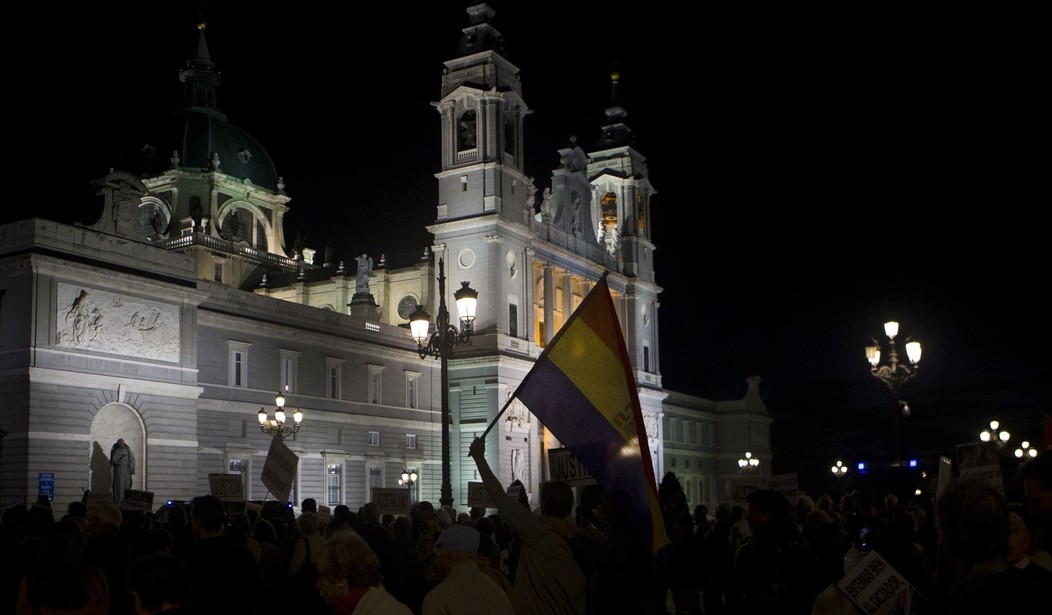The first Wuhan coronavirus lockdown imposed by the government of Spain was ruled unconstitutional by the Spanish Constitutional Court, in a 6-5 ruling on Wednesday.
The ruling, which came in response to a suit brought by the right-wing Vox Party, found that the lockdown’s “limitations on movement” had violated the fundamental liberties of Spanish citizens. Therefore, the court said, the “state of alarm” order issued by Prime Minister Pedro Sánchez was insufficient and not protected by Spain’s national constitution.
Split 6/5 Spain's Constitutional Court has ruled that last year's hard lockdown was unconstitutional and shd have been based on a State of Exception, which requires prior congressional approval, and not a State of Alarm, which doesn't
— The Almagro School (@AlmagroSchool) July 14, 2021
https://t.co/q7YHt9lPd2
Attorneys for the Vox Party had argued that any enforcement of Sánchez’s restrictions would have required a “state of exception” order, which is essentially a more expansive state of alarm that requires parliamentary approval instead of just the prime minister’s cabinet.
In a statement, the Court said that the ruling “annulled by a simple majority some articles of the state of emergency decree related to free movement of citizens.” Its complete ruling has not yet been publicized but will likely be released in the coming days.
Sánchez issued his state of alarm order on March 14, 2020, as Wuhan coronavirus cases spiked across Spain. Under the order, which was just the second of its kind since Spain transitioned to democratic rule in 1978, most citizens were only permitted to leave their homes for essential shopping or medical trips.
Recommended
After 98 days of one of Europe’s strictest lockdowns, Sánchez’s order was lifted on June 20, 2020, paving the way for Spain to transition to an era of “new normal” with relaxed restrictions. But as cases continue to spike among young Spaniards, local governments are pushing for a return to many of the restrictions.
In the region of Valencia on Monday, a court authorized the return of a 10-person limit on gatherings, as well as a 1 a.m. curfew in 32 “high-risk” towns that had recorded significant outbreaks. And also on Monday, officials in the region of Catalonia enacted a 12:30 A.M. curfew, capacity restrictions for nightclubs, and a ban on eating and drinking in the streets.
The ruling of Spain’s highest court is likely to provide a legal pedestal for anti-restriction cases in the near future. Roughly 51 percent of the country is fully vaccinated, and vaccination rates are both steadily increasing and, ironically, generally greater in the urban areas that have enacted the new restrictions.

























Join the conversation as a VIP Member